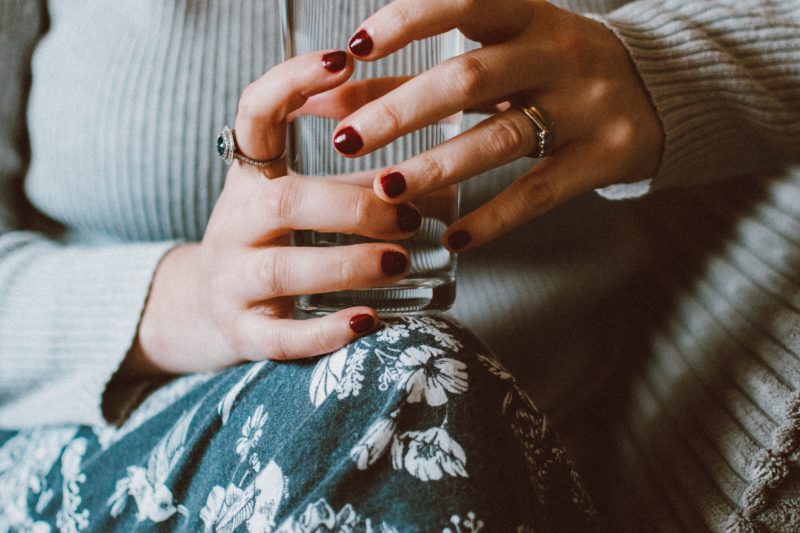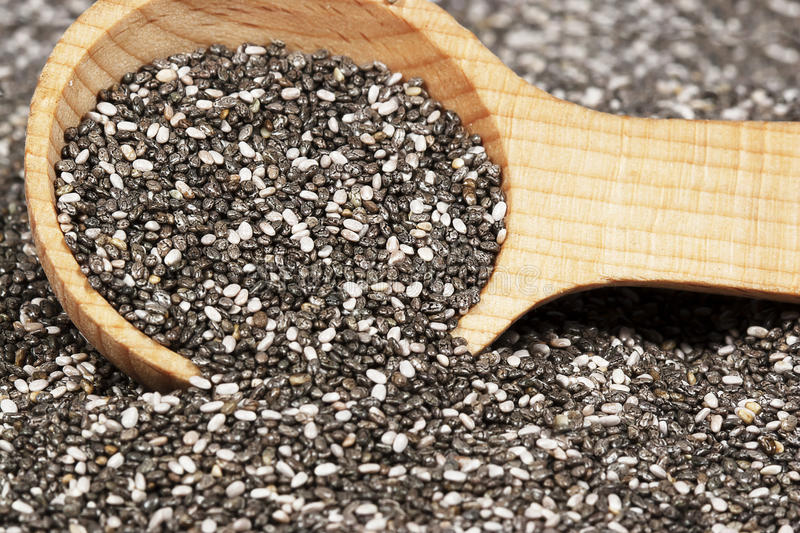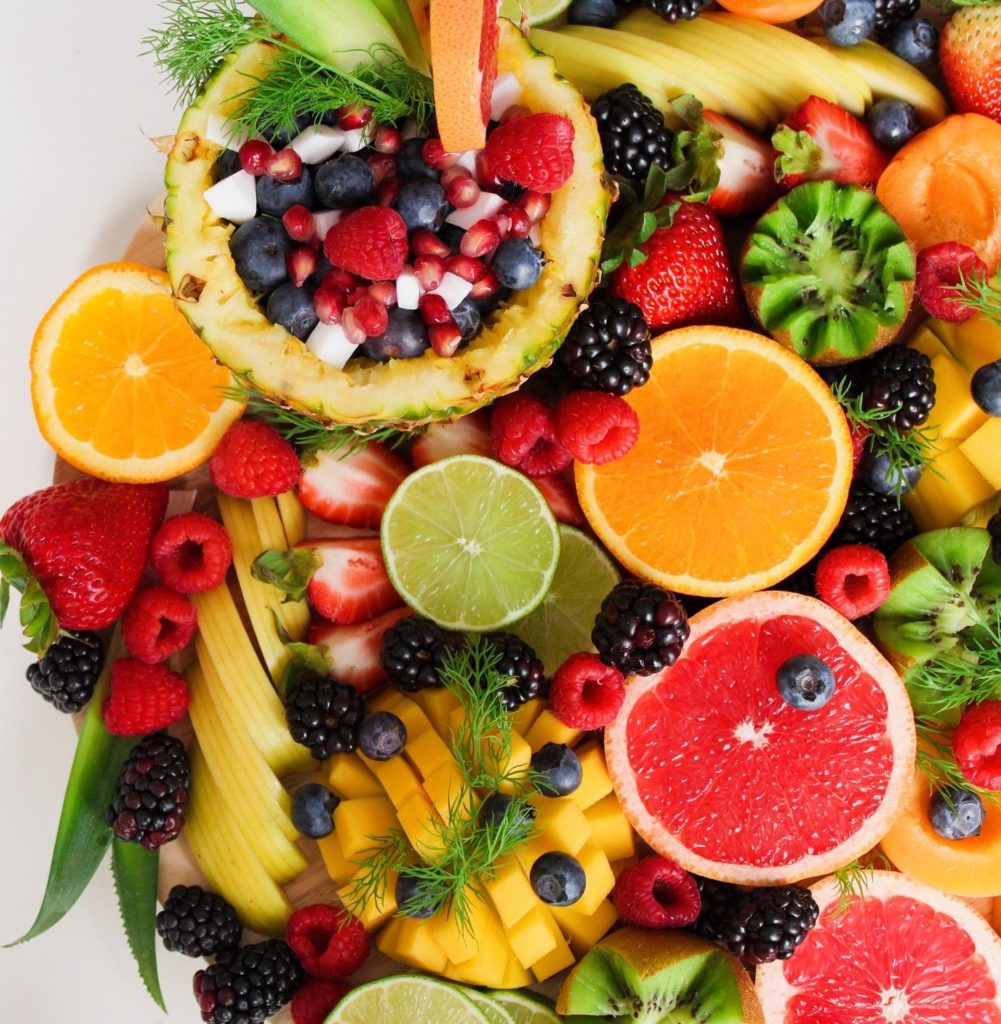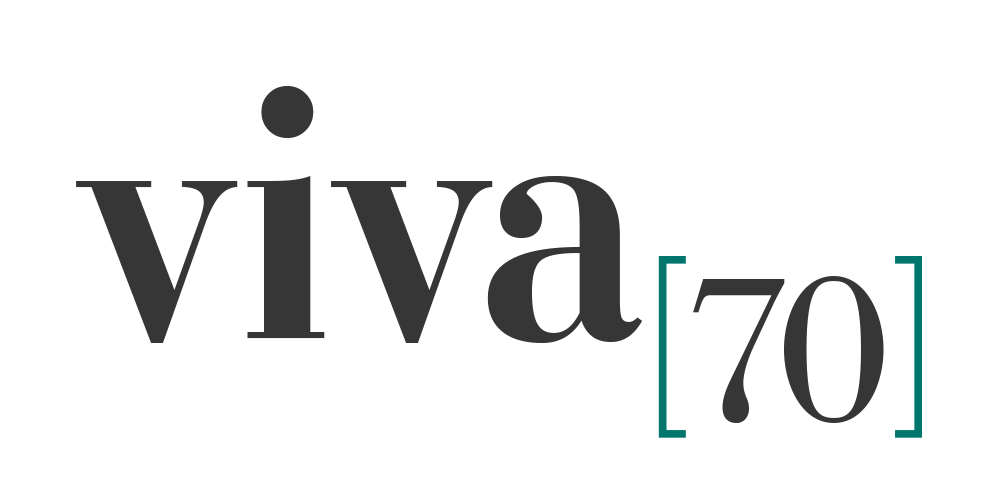
Here in Australia it’s mid- summer and along with 40 degree temperatures the bushfires rage. Julia Richard is our regular Wellness contributor to Viva 70. Originally from New South Wales she has lived in Yorkshire for many years now working as a coach and medical herbalist. This wonderful article was sent from Julia last week.
My heart goes out to Australia: its people, flora, fauna and the communities destroyed and disrupted by fire. As an Australian living in the UK I feel devastated for everyone and everything affected by the fires and of course I have family and friends that I’m concerned about and checking-in with regularly. I wish I could send our UK rain and snow over. One thing I can do though is to provide some tips on staying hydrated in the extreme weather conditions Australia is experiencing.
Benefits of optimal hydration
We all know that water is vital for our health. Optimal hydration is essential to maintain all organs and systems in our body. It helps: produce digestive enzymes for proper digestion; absorb key vitamins and minerals for healthy skin, hair and organs; lubricate joints; and aids effective elimination of toxins through sweating, urination and bowel movements.
Unfortunately, most people don’t get nearly enough water, especially in extreme weather. The common point on my most of patient’s advice sheets is ‘increase your water intake’. This one thing can go a long way towards solving many health issues.
Signs of dehydration
You’ll know you’re not getting enough water if:
- Your urine is dark – if you are sufficiently hydrated your urine will be clear or straw coloured. The more dehydrated you become, the darker your urine.
- You are constipated – your stools should be soft and easily passed if you are hydrated.
- You suffer with cystitis – though it can seem contrary to drink more water when you have a frequent urge to pass water, more water is essential to flush out toxins.
- You feel dry – a feeling of dryness in the mouth and not sweating in hot temperatures can indicate dehydration. As can dry skin, hair and nails.
- You have a headache – often a sign of dehydration.
- You feel lethargic, fatigued and sleepy even though you have had sleep and rest.
- Other symptoms may include: muscle and joint pain; high or low blood pressure; dizziness; hallucinations and confusion; indigestion; allergic reactions; and infections.
Note: if these any of these signs persist or you are concerned, seek medical help immediately.
Simple ways to stay optimally hydrated
- Eat your water – this is the best way for your cells to get hydrated. Research by Dr Gerald Pollack shows that water from plants or gel water is more hydrating than liquid water (what we drink) and gets into your brain fluid, bloodstream, gut lining and respiratory system more effectively. Gina Bria, co-author of Quench: Beat Fatigue, Drop Weight, and Heal Your Body Through the New Science of Optimum Hydration and founder of the Hydration Foundation found that desert cultures with little water stay optimally hydrated by eating plants with water in a gel-like state, such as chia seeds and cacti. During this season increase your intake of gel water by eating and juicing more fresh fruit and veg. Add a teaspoon of crushed chia seeds to your smoothies. This creates greater surface area thus more gel. See water eating recipes here.

- Enhance your water to make it more hydrating and to help you want to drink more.
Add a pinch of Celtic or Himalayan salt, fruit such as lemon, lime, apple, cucumber and melon slices, berries and leaf herbs such mint, rosemary, basil, lemon balm and verbena. See Health Coach Koya Webb’s Dirty Water recipe here. That is, water with added bits for optimal hydration.
- Drink and cook with bone broth – it’s full of collagen which is full of gel water.
- Cook with coconut oil and ghee as they are both full of gel water and electrolytes (chemicals that conduct electricity when mixed with water. They regulate nerve and muscle function, hydrate the body, balance blood acidity and pressure and helprebuild damaged tissue.) If you get cramps you are probably low on electrolytes.
- For every caffeinated beverage have a glass of enhanced water or a piece of fruit or veg. Caffeine in tea, coffee, colas and energy drinks is diuretic, meaning it removes water and nutrients from the body. So make sure you top back up.
- For every alcoholic beverage have a glass of enhanced water or a piece of fruit or veg.
Alcohol reduces your ant-diuretic hormone causing you to urinate more. Again, this means you must top your water levels back up.

Calculating your water intake
You can use the Omni calculator to find your total water values per day, that is, water from food and drink. Or as a quick rule of thumb you should aim for 35 ml of water per Kg of body weight per day. For example if you weigh 90Kg you should be drinking at least 35 X 90 = 3150ml or around 3 Litres.
How will you stay hydrated over summer? What recipes can you share? We’d love to hear from you in the comments section.

Julia Richards is a qualified Medical Herbalist and Director of Enhance One Limited, a consultancy passionate about helping individuals, groups, families, communities and organisations be the best they can be physically, mentally and emotionally. To achieve this, Julia uses a holistic approach to help you enhance yourself by drawing on her experience and studies in personal development, life coaching, aromatherapy, nutrition, herbal medicine and other wellbeing techniques. Julia helps you design a wellbeing plan that is unique to you and works in a complementary way with your doctor or any other therapist you are seeing to help you make improvements in your health. Julia offers individual consultations and group workshops.
